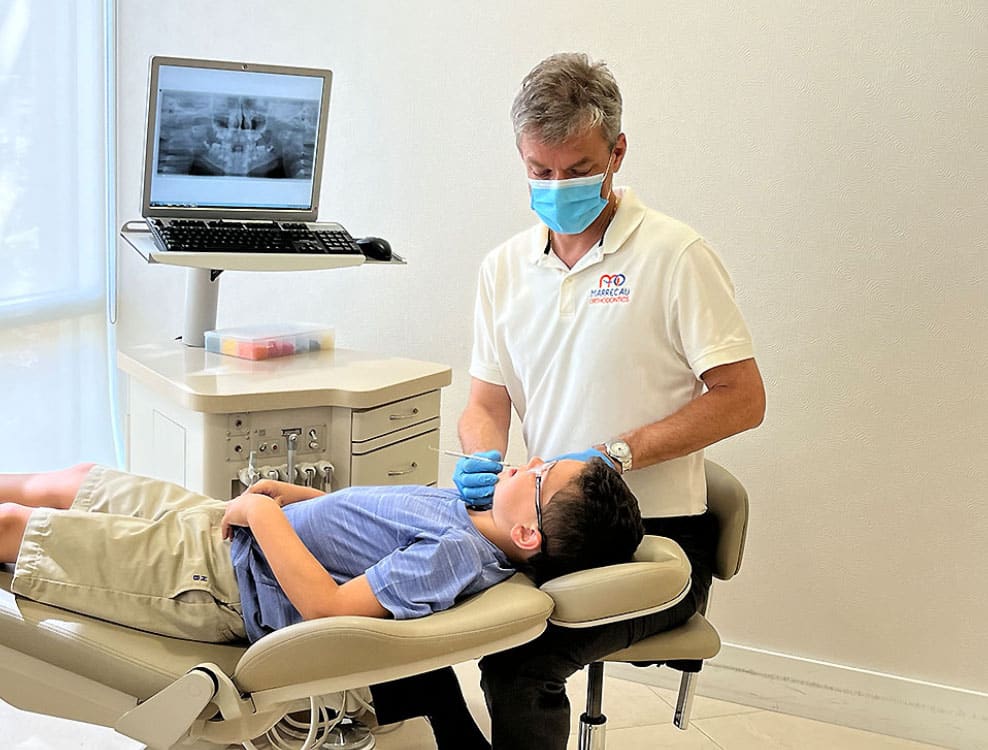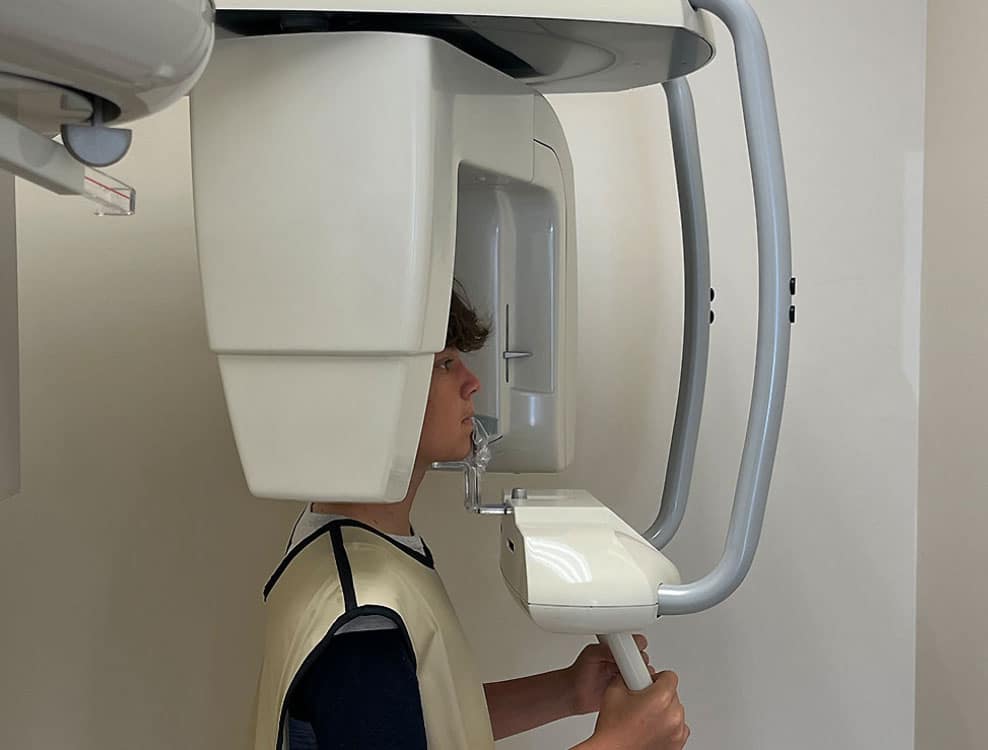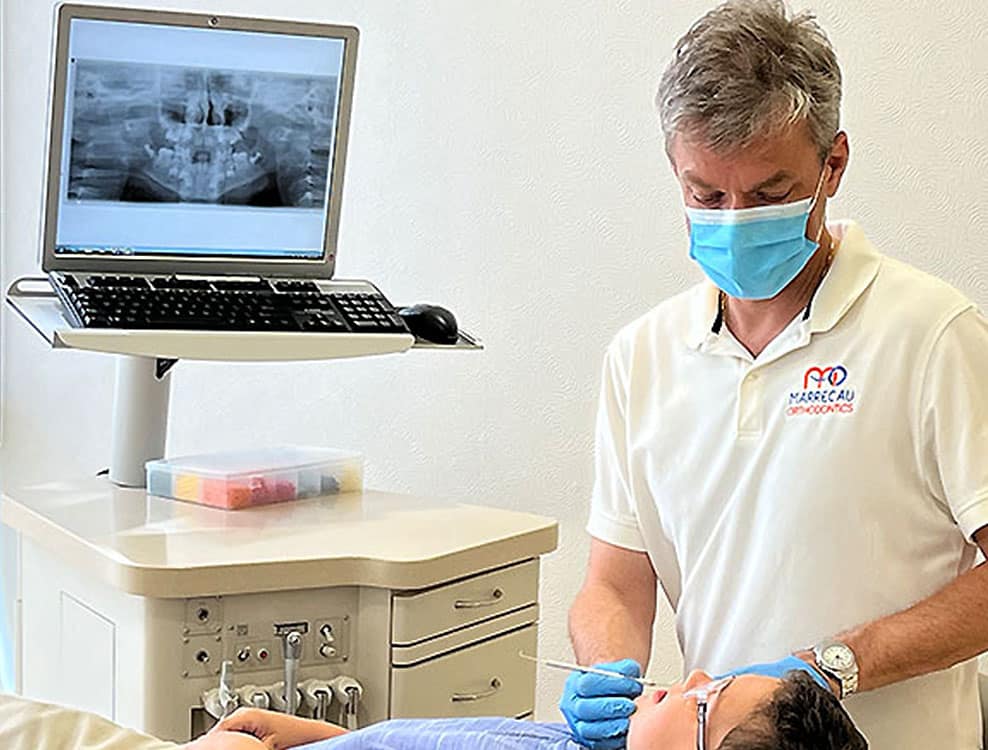Surgical Orthodontics

When might surgical orthodontics be needed?
Surgical orthodontics, also known as orthognathic surgery, is a type of orthodontic treatment used to correct severe cases that include bad bites, jaw bone abnormalities, and malocclusion. Oral and maxillofacial surgery is one of the nine recognized dental specialties, and it focuses on treating complex craniofacial cases that involve the mouth, jaw, face, and skull. If you need surgical orthodontics, your orthodontist will work with an oral and maxillofacial surgeon to ensure that you receive the best care possible.
Surgical orthodontics is a treatment option used to correct improper bites or other aesthetic concerns in adults. To receive orthognathic surgery, the jaw must be done growing and this process is usually concluded by age 16 in females and age 18 in males. The need for surgical orthodontics occurs when the jaws do not line up correctly, and a proper bite cannot be achieved with orthodontic treatment alone. Orthognathic surgery will help align the jaw properly. Surgery is followed by treatment with orthodontic braces to move the teeth into their proper position.

How do I know if I need orthognathic surgery?
After a comprehensive exam, your orthodontist can determine if orthognathic surgery is needed as part of your treatment plan. The need for surgery will be determined by the severity of your case and the alignment of your jaw.
An oral and maxillofacial surgeon is the specialist that can perform your orthognathic surgery place in a hospital. The length of surgery varies by individual and can take several hours. Orthognathic surgery is a major procedure that will require you to schedule at least two weeks away from work and school during the healing process. After your jaw has healed from surgery, your orthodontist will once again “fine-tune” your bite using braces. Most patient’s braces are removed within six to 12 months following surgery. After your braces are removed, you will be prescribed a retainer to help maintain your new smile in place.

What are the risks associated with orthognathic surgery?
As with any major medical surgery, there are certain risks associated with having orthognathic surgery. However, orthognathic surgery is not a new procedure and has been performed over and over again. If you’re concerned about an upcoming orthognathic surgery procedure, we encourage you to contact our practice and let us know. We are happy to answer any questions or concerns that you may have, and provide you with any additional information that you require.
The most rewarding part of undergoing orthognathic surgery is finally reaching the goal of a beautiful and healthy smile that will last for years to come. Jaw surgery can help you restore your confidence and allow you to live your life to the fullest potential.

